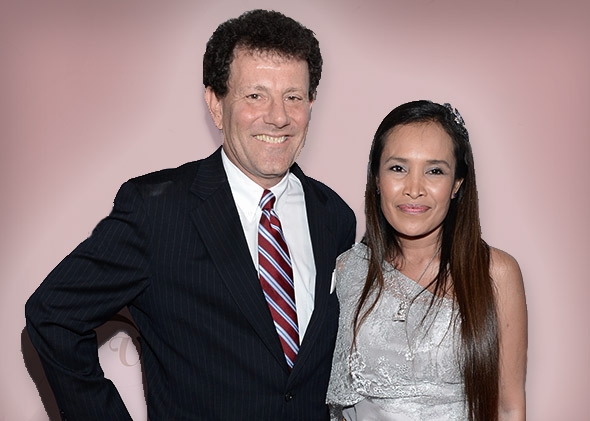Introduction:
The hunt for transgender identity is a multidimensional journey that encompasses diversified experiences and perspectives. A lot, scientific research has begun for you to unravel the intricate interplay between genetics and transgender identity, challenging simplistic allégorie and contributing to a more nuanced understanding of this complex facet of human diversity. This article goes into the scientific insights which will navigate the genetics associated with transgender identity, exploring the factor of genes in by using gender identity and the significances for affirming healthcare tactics.
1 . Genetic Diversity along with Gender Identity:
The traditional knowledge of gender has often been tethered to binary natural determinants, specifically XX and even XY chromosomes. However , researching in genetics is discovering a more intricate narrative. Hereditary diversity among individuals leads to the rich tapestry connected with gender identities, challenging the notion that gender is solely determined by a binary it is partially code. The study of anatomical variations offers a foundation intended for acknowledging the diversity associated with gender experiences beyond traditional norms.
2 . Twin Analyses and Heritability:
Twin reports, a common methodology in genetic research, have provided priceless insights into the heritability connected with gender identity. While medicine alone do not dictate one’s gender identity, studies relating identical twins, who promote 100% of their genetic materials, have revealed instances where both twins may discover as transgender. This indicates that genetics may play a role around shaping an individual’s predisposition to your transgender identity, though environmental factors also contribute drastically.
3. Genetic Expression as well as Gender Diversity:
Beyond the actual static presence of certain genes, the expression of genes and their interaction with geographical factors contribute to the dynamic nature of gender identity. The science of epigenetics explores exactly how external factors can determine gene expression, providing a platform for understanding how an individual’s sexual category identity may evolve along with respond to unique life knowledge.
4. Biological Basis of Issue Dysphoria:
Gender dysphoria, often the distress resulting from incongruence amongst assigned sex at birth together with gender identity, has been a decoration of scientific inquiry. Study indicates that genetic components may contribute to the biological basis of gender dysphoria, shedding brightness on the neurological and physiological underpinnings of this experience. Understanding the biological aspects of gender dysphoria is essential for developing accordant and effective healthcare surgery.
5. Neurobiological Connections:
Progress in neurobiology have unveiled connections between brain system and gender identity. Neuroimaging studies suggest that transgender most people may exhibit brain homes that align more directly with their gender identity compared with their assigned sex at birth. This challenges conventional thoughts that link gender id exclusively to biological sexual activity, emphasizing the complexity from the neurobiological foundations of transgender identity.
6. Genetic Counseling and Informed Decision-Making:
While genetic research contributes to our understanding of transgender identity, right now there arises an opportunity for the integrating of genetic counseling in affirming healthcare practices. Ancestral counselors can play a vital role in guiding transgender people today and their families through the difficulties of genetic information, encouraging informed decision-making regarding professional medical options and family considering.
7. Implications for Health Practices:
Scientific insights into the genetics of transgender personality carry profound implications intended for healthcare practices. Inclusive as well as affirming care should approve the diverse genetic efforts to gender identity, shifting beyond a binary comprehension. Healthcare providers must technique transgender healthcare holistically, admitting the complex interplay regarding genetics, neurobiology, and eco click here to investigate factors in the development of sexual category identity.
Conclusion:
The map-reading of genetics in the realm involving transgender identity is a active journey that expands your understanding of human diversity. Simply by unraveling the complex interaction of genetic factors, neurobiology, and environmental influences, knowledge contributes to the creation with affirming and inclusive room designs for transgender individuals. Even as continue to explore the family genes of transgender identity, we all move closer to a future wheresoever healthcare practices are not only knowledgeable by scientific knowledge but guided by empathy, value, and a deep understanding of the particular diverse experiences that design gender identity. In doing so , we affirm the pride and authenticity of every particular on their unique journey connected with self-discovery and self-expression.





